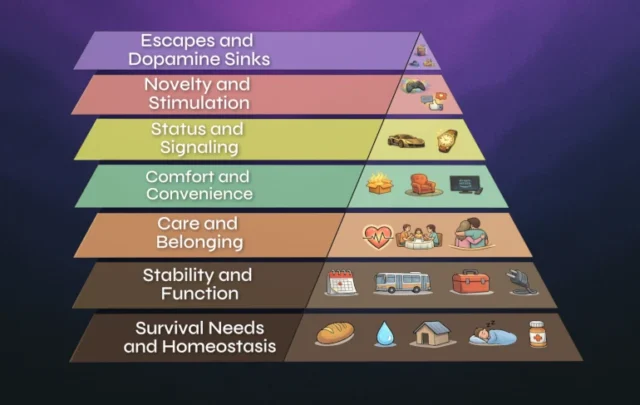NOTE: Images in this archived article have been removed.
 The Sustainable Economies Law Center and Shareable have jointly released the first ever policy brief of its kind, called Policies for Shareable Cities: A Sharing Economy Policy Primer for Urban Leaders. It details 32 specific policy steps that local leaders can take to benefit from the growing sharing economy and support innovations such as carsharing, ridesharing, cohousing, cooperatives, and urban agriculture.
The Sustainable Economies Law Center and Shareable have jointly released the first ever policy brief of its kind, called Policies for Shareable Cities: A Sharing Economy Policy Primer for Urban Leaders. It details 32 specific policy steps that local leaders can take to benefit from the growing sharing economy and support innovations such as carsharing, ridesharing, cohousing, cooperatives, and urban agriculture.
Please share this with every urban leader, mayor, city planner, or council member you know!
FROM THE INTRO:
Cities are built for sharing. It’s what makes cities engines of prosperity, innovation, and cultural exchange. Well connected cities have the unique capacity to raise per capita production and innovation while using dramatically less energy. For this reason, cities may be our best hope forachieving widespread prosperity within the earth’s natural limits.
Today, new circumstances have created an unprecedented opportunity to amplify cities as platforms for sharing. People are already acting on this opportunity. Driven by economic need and empowered by new technologies, they’re creating new, more resilient ways of providing food, jobs, hous-ing, goods, and transportation for themselves and each other in cities.
THE REPORT
Policies for Shareable Cities
FROM THE PRESS RELEASE:
San Francisco, CA (September 10, 2013) — A new report released today by the Sustainable Economies Law Center (SELC) and Shareable details policy steps that city governments can take to benefit from the growing sharing economy by supporting innovations such as ridesharing, carsharing, cohousing, cooperatives, and urban agriculture.
Policies for Shareable Cities: A Sharing Economy Policy Primer for Urban Leaders makes specific recommendations in four major areas of urban policy: transportation, food, housing, and jobs. The report also cites model policies from municipalities around the United States that are already doing this work, such as Cleveland, Austin, Chicago, New York, and San Francisco. Neal Gorenflo, founder of Shareable, says, “We believe that fostering the growth of the sharing economy is the single most important thing that city governments can do to boost shared prosperity and resilience in times of economic crisis
and climate change.”
Driven by economic need and empowered by new technologies, people are engaging in more socially connected ways of provisioning their lives and generating income. As SELC’s City Policies program director, Yassi Eskandari-Qajar, explains, “The sharing economy creates opportunities in tough times and will help society transition to a better state of economic and ecological affairs. However, legal barriers are slowing progress. Policies for
Shareable Cities identifies these barriers and offers policy solutions that create reasonable regulation without stifling innovation.”
Some common barriers municipalities can reassess are regulations that prohibit the sale of food grown or prepared at home, or limiting the number of unrelated adults who can live in a housing unit. In addition to revisiting restrictive policies, cities can proactively support the sharing economy through tax incentives for worker cooperatives, creating small business incubators, providing parking for shared vehicles, revising zoning rules to support cohousing, and more.
The 40-page report was co-produced by the Sustainable Economies Law Center, a research and advocacy organization dedicated to navigating the legal grey areas of the sharing economy, and Shareable, an online hub for the global sharing movement. Policies for Shareable Cities is based in part on a 15-part web series created by the two groups.
 The Sustainable Economies Law Center and Shareable have jointly released the first ever policy brief of its kind, called Policies for Shareable Cities: A Sharing Economy Policy Primer for Urban Leaders. It details 32 specific policy steps that local leaders can take to benefit from the growing sharing economy and support innovations such as carsharing, ridesharing, cohousing, cooperatives, and urban agriculture.
The Sustainable Economies Law Center and Shareable have jointly released the first ever policy brief of its kind, called Policies for Shareable Cities: A Sharing Economy Policy Primer for Urban Leaders. It details 32 specific policy steps that local leaders can take to benefit from the growing sharing economy and support innovations such as carsharing, ridesharing, cohousing, cooperatives, and urban agriculture.






















